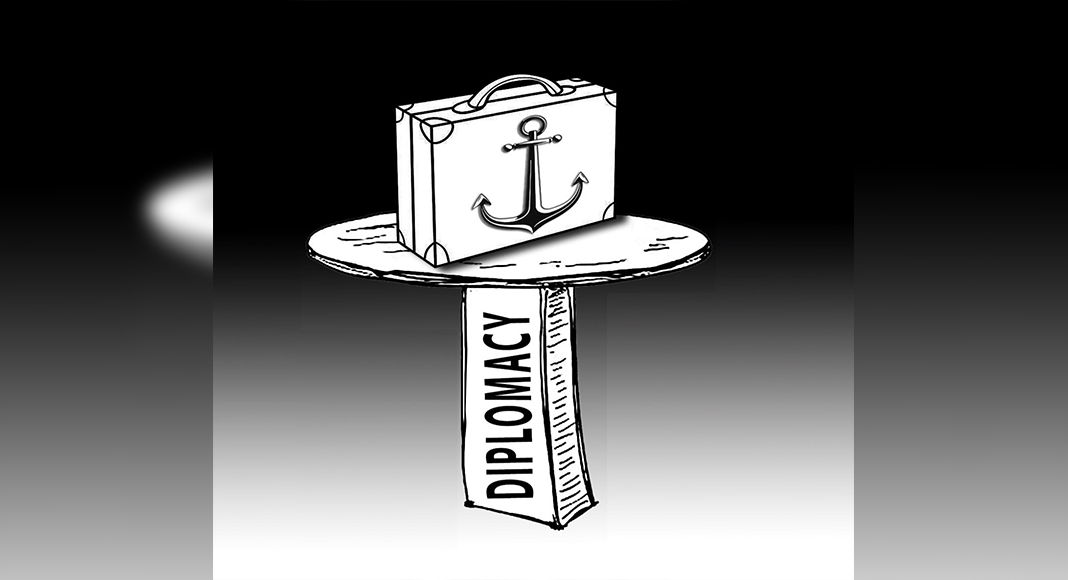
Ethiopians were caught off guard when mews broke out in the middle of the week that Ethiopia and Somalia had agreed to end their acrimonious dispute over the breakaway Somaliland region and land-locked Ethiopia’s quest for access to the sea following talks mediated by Turkiye. Given the two rounds of previous negotiations Turkiye had brokered to resolve the crisis yielded no tangible progress beyond the issuance of vague statements of goodwill, Ethiopians did not have much hope that the third time would be a charm. The two neighbours have been embroiled in a feud since January after Ethiopia signed a memorandum of understanding with the self-declared Somaliland Republic to lease a 20-km stretch of Somaliland’s sea coast for 50 years to establish a military base as well as a commercial maritime zone in exchange for shares in Ethiopian Airlines and the recognition of Somaliland as an independent state, although Addis Ababa never explicitly affirmed it would do so. The deal led to a fierce diplomatic and military spat with Somalia, which labelled it as a violation of its sovereignty and international law, setting off fears of a conflict that threatened to further destabilize the Horn of Africa as it drew in Ethiopia’s longstanding rival Egypt.
The Ankara Declaration, as it is known, has been deemed by many to be a diplomatic coup for Somalia, with Ethiopia generally acquiescing to Mogadishu’s core demand. According to the joint declaration, both have agreed to strive to reach commercial arrangements and bilateral agreements that would ensure Ethiopia’s “reliable, safe and sustainable access” to the sea “under the sovereign authority of the Federal Republic of Somalia”. They have also committed to start technical negotiations by the end of February next year, and to conclude them within four months. While nothing official has been said if Ethiopia has abandoned the deal it signed with Somaliland—a key demand of Somalia in earlier talks—Ethiopia’s recognition of Somalia’s territorial unity effectively means Ethiopia must terminate its MoU with Somaliland.
True, Ethiopia too stands to benefit from the agreement as the crisis has brought the issue to the fore, enabling it to gain a formal acknowledgement of its legitimate aspiration for sea access. Somalia has further agreed to reverse its objection to the presence of Ethiopian troops from its territory, which have been deployed there as part of an African peacekeeping initiative to fight al-Shabaab, an al-Qaeda-affiliated militant group, safeguarding its ability to defend its national interest. Detractors, however, argue Ethiopia has not derived any substantial benefit out of the agreement that it otherwise would not have and as such should not embarked on a course of action that they say eventually turned out to be a diplomatic debacle.
Inasmuch as the discord between Ethiopia and Somalia could have been avoided in the first place, the fact that they demonstrated the willingness to bring it to an amicable conclusion is a welcome development as both nations can ill afford to be caught up in a row which only serves to exacerbate the raft of deep-rooted domestic challenges that have thrown them into turmoil. The international community’s universal expression of praise and support for the agreement, which it believes to promote the shared interests of the two countries, is a testament of the value of dialogue in de-escalating tensions in the volatile Horn of Africa. The accord will count for nothing though if both parties fail to implement the measures contemplated under the agreement as soon as practically possible.
Going forward there are several lessons Ethiopia can and must draw from its diplomatic with Somalia and how it was addressed. Prior to inking the deal with Somaliland Ethiopia should have pursued a prudent and win-win strategy aimed at mollifying the valid concerns of its neigbour even as it adopted a principle stand on the imperative to have a peaceful access to the sea. While Somalia may not have been amenable to Ethiopia’s quest for such access if the matter was not brought to the table in the Ankara negotiations, it’s entirely plausible that the recent deal could have been reached without the crisis that preceded it if sufficient effort had gone into it. The episode underscores the vital importance of adopting a proactive diplomatic engagement anchored in the country’s foreign policy emphasizing friendly ties with neigbouring states in particular. If Ethiopia is to chart a path that promotes its development, security, and enhance its international standing, it is paramount to learn the appropriate lessons in order to on avert the kind of diplomatic debacles which harm its credibility and ultimately the national interest.
.
.
.
#Pursuing #Principled #Foreign #Relations
Source link











